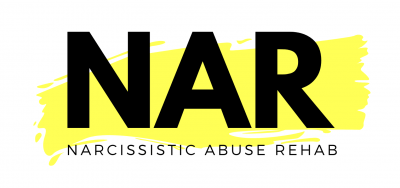A new report reveals high rates of intimate partner violence in Hawaii, with 1 in 5 residents experiencing coercive control.
Coercive Control
Coercive control serves as the context within which domestic violence occurs. It is a term used to describe an ongoing pattern of behavior used by one person to harm, punish, frighten, or threaten another person. It was criminalized in the UK in December 2015.
Victoria MP Laurel Collins’ proposed coercive control legislation passes third reading in Canada’s House of Commons
Massachusetts House unanimously passes Bill H 4744 to ban coercive control and revenge porn awaiting Gov. Healey’s signature for enactment.
“Why didn’t you just leave?” is a question bystanders often ask coercive control survivors. It shows the urgent need for increased awareness.
Research exposes the alarming rate of Black femicide in the U.S. and explores the urgent need for solutions.
Queensland passes groundbreaking coercive control legislation to tackle intimate partner violence and femicide in honor of Hannah Clarke.
EU enacts new laws to combat over 3000 annual femicides, aiming to significantly reduce violence against women across the continent.
An alarming report shows that Ireland’s police received an alarming 60,000 domestic violence reports in 2023.
Violence Free Minnesota remembers the 39 known victims of intimate partner homicide in Minnesota at their annual We Remember ceremony.
Coercive control survivor Andrea Smith bravely shares experience of the dangerorous cycle of abuse and how she escaped










